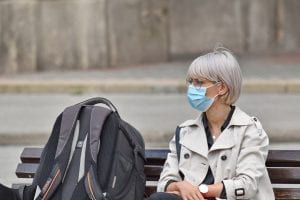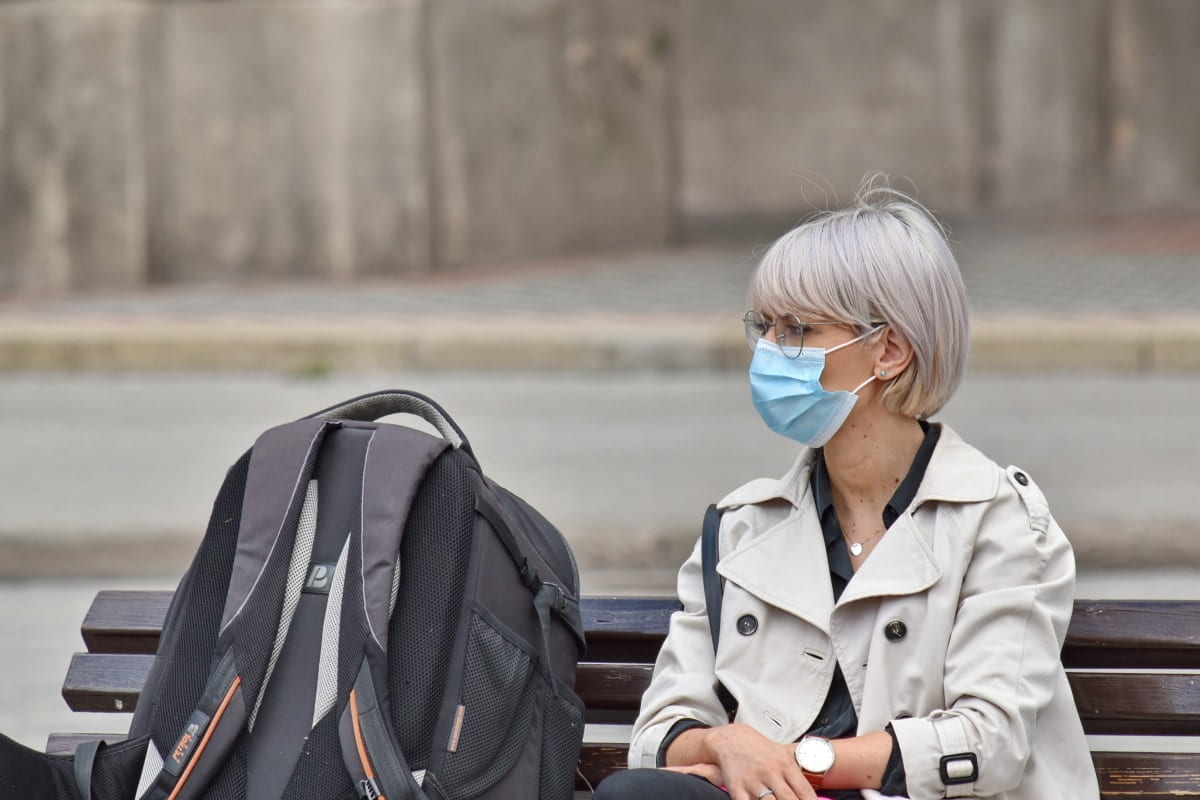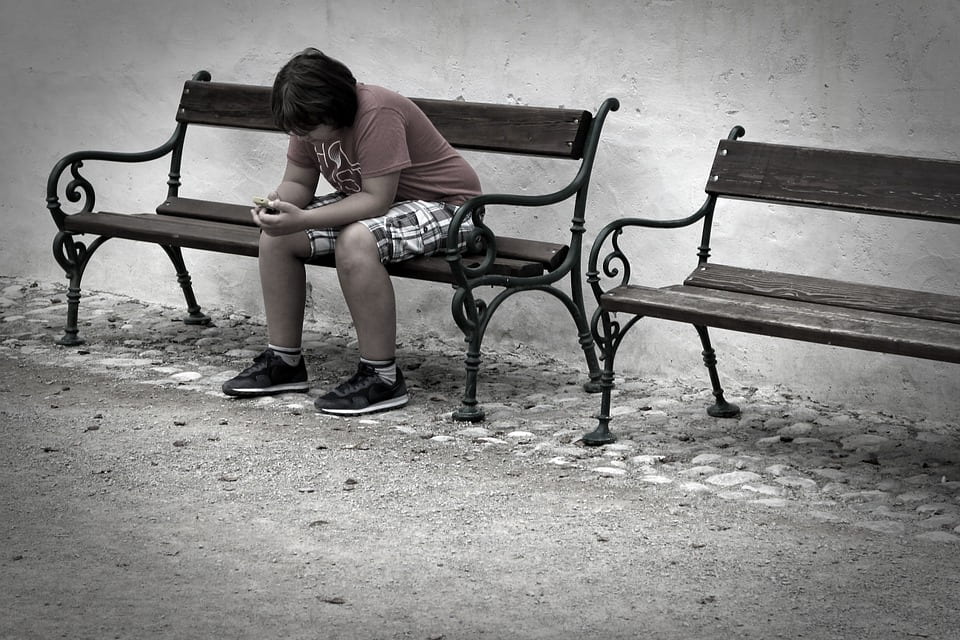
Amidst the global pandemic, we have all had to make some changes to our daily lives. It used to be normal to go to restaurants, movie theaters, and concerts, but now, for the most part, we stay away from those activities and social distance instead. While social distancing has slowed the spread of COVID-19, most of us are aware of the toll it takes on our mental health. Humans are a very social species, and social isolation can have a severe impact on overall wellness. Financial hardships and anxiety over illness contribute to a decline in mental health as well.
Social isolation has many benefits when it comes to slowing the pandemic. However, it drastically impacted the lives of many people in an unintended way. Loneliness has skyrocketed due to people only having contact with the people they live with—or no one. The effects can be even more confusing because social isolation affects everyone differently. Some people have pre-existing mental health conditions, and when the pandemic forced them into isolation, they recognized their symptoms worsening. While their original symptoms worsen, they also are more likely to develop PTSD than their counterparts without pre-existing conditions.
Even those without pre-existing mental health conditions are vulnerable to worsened mental health when facing social isolation, especially children and adolescents. Many people in this age group get most of their social interaction through school, and with many schools closed or on limited schedules, they’re not receiving the social interaction they need to grow. Because of the loneliness these children and teens are feeling, there is the increased risk that some of them will develop depression at an early age, with even higher rates than normal among those that have a family history of depression.
College students are facing very similar challenges that adolescents in middle and high school experience, except many have the added pressure of being away from their families while also no longer having a strong social network on campus to rely on. Many students are experiencing increased fear and anxiety in addition to depression, which can lead to physical health issues; anxiety and depression can worsen sleep and eating habits, which can have profound effects on a student’s energy, and in turn their performance in school and overall health.
Financial struggles have been shown to have severe impacts on a person’s overall wellbeing outside of this pandemic. Over a third of the United States’ population experienced negative financial impacts due to the pandemic. Hourly workers, who typically already struggle financially, were hard hit, which creates a lot of stress for them and their families. People who are worried about their finances may also be unable to seek mental health help from professionals, which could potentially improve mental health.
Many people with stable work before the pandemic hit, lost their jobs. They experience an added stress of worrying about evictions and foreclosures and where their next meal is going to come from. This can lead to higher levels of anxiety and depression, and in the past, economic downturn, which we have experience during the pandemic, is associated with an increased rate of suicide.
This pandemic has been a new experience for all of us. The COVID-19 pandemic wasn’t the first pandemic, and many are realizing it won’t be the last. This realization is increasing anxiety in many people, along with worrying about the health of immunocompromised loved ones or personal health. Additionally, many are worried about dying alone. This increase in stress can lead to an increase in anxiety and depression, along with other mental health issues, and worsen existing mental health conditions.
Being home all day has kept people in front of the TV, watching the news. It’s beneficial to be informed, but studies have shown that too much COVID-19 news can worsen mental health issues. This can exacerbate issues that already existed. One way to reduce being overwhelmed with the news, but to stay informed is to limit the time watching the news and instead get reliable information from the CDC, which updates information regularly.
Mental health is a human right, and should be a priority, especially during times or social isolation, financial hardship, and illness. An emphasis should be put on practicing self-care, but it’s also important that people who need help from a psychologist or psychiatrist get the chance to see them. During this pandemic, mental health has been put on the back burner. While many of the steps taken have saved countless lives, their impact on mental health should not be overlooked. In the future, when we take drastic measures, such as social isolation, we need to make sure the mental health aspects will be given the attention they need to be able to keep our population healthy in every way possible.


